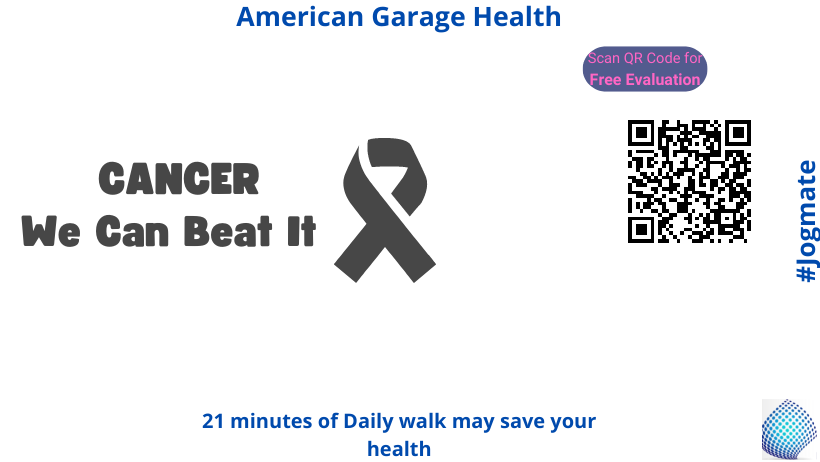Early detection of breast cancer improves treatment outcomes, while therapy efficacy in advanced stages is poor.

Early detection of breast cancer improves treatment outcomes, although therapy efficacy declines as cancer progresses. Additionally, a relatively new and developing topic that has great promise for the early diagnosis of breast cancer is the integration of AI into screening techniques. Faster and more accurate results are some of the advantages of AI approaches in breast cancer screening, according to a paper that was published in the PubMed Central (PMC) journal in October of last year.
In order to better patient experiences and health outcomes, AI is also being employed in the field of medicine to explore medical data and unearth insights. Among all cancers, breast cancer is the one that affects women the most frequently worldwide. The increase in the prevalence of breast cancer among women has been attributed to a number of variables, including genetics, lifestyle, and the environment.
Screening for breast cancer with AI
Early detection of breast cancer improves treatment outcomes, although therapy efficacy declines as cancer progresses.
According to a report titled “Artificial Intelligence in Breast Cancer Screening and Diagnosis” in the PMC, incorporating AI into screening techniques is a relatively new and emerging field that holds great promise for the early detection of breast cancer and, as a result, a better prognosis for the disease.
Every other form of intelligence on this planet has never surpassed human intelligence. The capacity to make use of prior information, adjust to changing circumstances, and find significance in patterns is what makes a person intelligent. The ability to duplicate the same abilities is key to AI’s success, it continues.
The success rate of treatments is increased when AI is incorporated into screening techniques like the review of biopsy slides.
Imaging breast cancer requires the use of several key AI components, including machine learning and deep learning. Large datasets are stored using machine learning, which is then utilised to train prediction models and understand generalisations. In contrast, deep learning creates a network of artificial neural systems that can categorise and recognise images.
The use of AI for early detection in the treatment of breast cancer is carried out by utilising data from radiomics and biopsy slides. It is supported by an international initiative to create learning algorithms for interpreting mammograms by lowering the incidence of false positives as a result.
With AI, there is now a higher chance of finding metastatic breast cancer in lymph node biopsy full slide images. The research goes on to suggest that because people’s risk factors and predispositions vary, AI algorithms behave differently in various groups.
Challenges:
AI models used to treat cancer primarily rely on imaging data, and according to the report, this element is hampered by hospitals’ underuse of patient histories preserved in electronic health records.
It is currently challenging to integrate user-friendly software and accessible databases into the software systems of hospitals all around the world. Building confidence among doctors to utilise AI to help them make decisions is one of the major obstacles, and doctors need to have proper training to use this technology.
The other challenge is that applying AI technologies carries a number of ethical problems, including data confidentiality, privacy invasion, patient autonomy, and consent. However, the report stated that numerous precautions are taken to avoid any breach of confidentiality and that laws are in place to prevent malpractice.